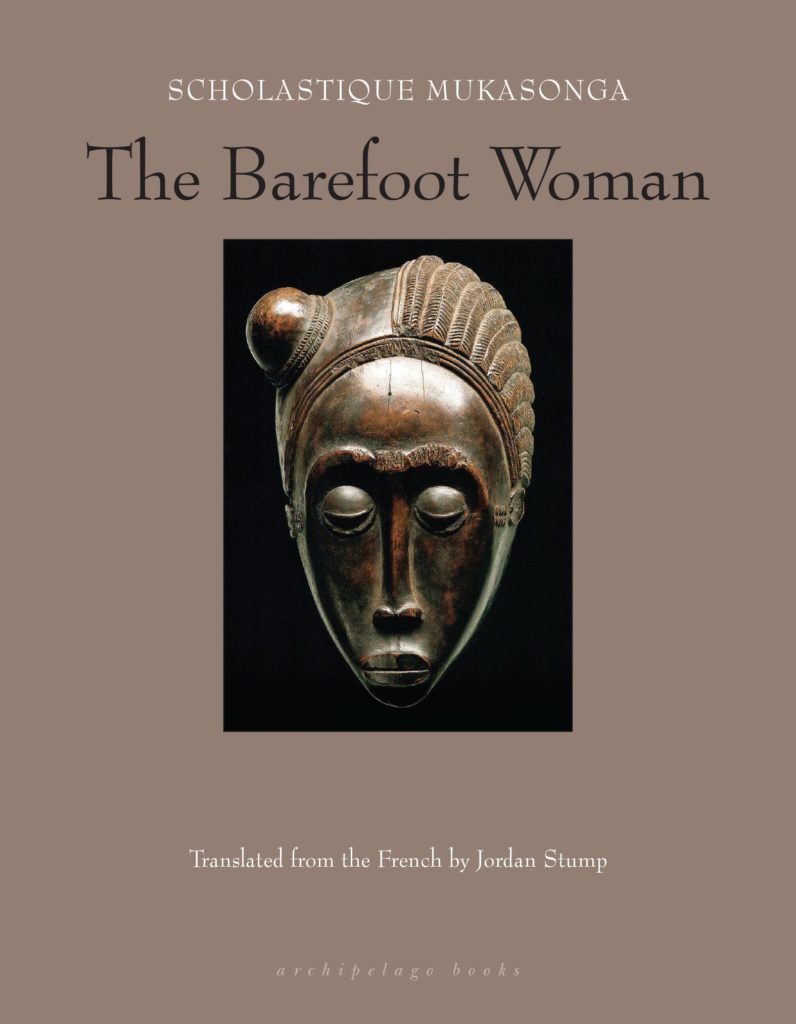
Maybe the Hutu authorities put in charge of the newly independent Rwanda by the Belgians and the church were hoping the Tutsis of Nyamata would gradually be wiped out by sleeping sickness and famine. In any case, the region they chose to send them to, the Bugesera, seemed inhospitable enough to make those internal exiles’ survival more than unlikely. And yet they survived, for the most part. Their courage and solidarity let them face the hostile wilderness, farm a first little patch of land that didn’t completely spare them from hunger but at least kept them alive. And little by little the displaced families’ makeshift huts became villages – Gitwe, Gitagata, Cyohoha – where people struggled to recapture some semblance of everyday life, which of course did little to soften the crushing sorrow of exile.
But the Tutsis of Nyamata weren’t slow to realize that the tenuous survival they seemed to have been granted was only a temporary reprieve. The soldiers of the Gako Camp, built between the villages and the nearby border with Burundi, were there to remind them that they were no longer exactly human beings but inyenzi, cockroaches, insects it was only right to persecute and eventually to exterminate.
I can still picture the soldiers from Gako bursting into our house, a rifle butt crumpling the piece of sheet metal we used as a door. They claimed they were looking for a photo of King Kigeri or covert letters from exiles in Burundi or Uganda. All that, of course, was pure pretext. Long before, the displaced families of Nyamata had thrown out everything that might possibly incriminate them.
I don’t know how many times the soldiers came to pillage our houses and terrorize the people inside. My memory has compressed all those acts of violence into one single scene. It’s like a film playing over and over. The same images again and again, engraved in my mind by my little-girl fear, later to return in my nightmares.
The scene that unfolds before my memory is peaceful at first. The entire family is gathered in our one room, around the three stones of the hearth. It must be July or August, the dry season, summer vacation, because André and Alexia are there too, back from their school a long way from Nyamata. Night has fallen, but the moon isn’t full, because we aren’t sitting outside behind the house, enjoying its light. Everything seems strangely calm, as if the soldiers had yet to pay us their first sudden, brutal visit. Evidently Mama has taken none of the extraordinary precautions I’ll talk about soon. I see everyone in their usual places. My mother Stefania is squatting on her mat against the outer wall. Alexia is close by the fire, maybe trying to read one of her schoolbooks by the flickering light of the flames, maybe only pretending. I can’t make out my father in the dimness at the far end of the room; I can only hear the continual, monotonous clicks of the rosary he never stops fingering. Julienne, Jeanne, and I are pressed close together near the front door that opens onto the dirt road. Mama has just set down the family plate of sweet potatoes in front of us, but we haven’t yet begun to eat. We hang on André’s every word as he sits in our one chair at the little table built specially for him – the boy, the student, the hope of the family – by our older brother Antoine. André is telling stories from school, and for us they’re like news from a distant world, an amazing, inaccessible world, and they make us laugh, laugh, laugh . . .
And then, all of a sudden, the clang of the sheet metal crashing down: I just have time to snatch up my little sister and roll with her off to one side, dodging the boot that grazes her face, the boot that tramples the sweet potatoes and buckles the metal plate like cardboard. I make myself as small as I can, I wish I could burrow into the ground, I hide Jeanne beneath a fold of my pagne, I stifle her sobs, and when I dare to look up again, I see three soldiers overturning our baskets and urns, throwing the mats we’d hung from the ceiling out into the yard.
One of them has grabbed hold of André, and now he’s dragging him toward the door (I think I can see my brother’s struggling body go past, slowly, slowly, just beside my face) and my father races forward as if he could hold back the soldier, and I hear my mother and Alexia crying out. I squeeze my eyes shut as hard as I can so I won’t have to see. Everything goes dark, I want to burrow deep underground . . .
The silence makes me open my eyes again. My father is helping a wincing André to his feet. My mother and Alexia are cleaning up the beans spilled on the floor. Now, from next door, comes the same sound of boots, the same shrieks, the same sobs, the same crash of breaking urns . . .
***
Read the full excerpt on Tin House.
Buy The Barefoot Woman: Amazon
From THE BAREFOOT WOMAN by Scholastique Mukasonga published by Archipelago. Copyright © 2022 by Scholastique Mukasonga.


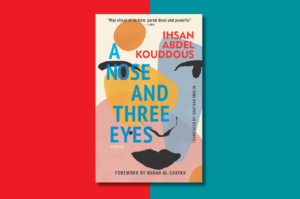
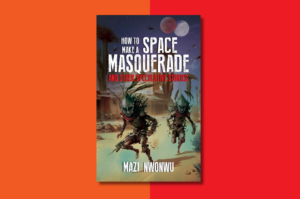
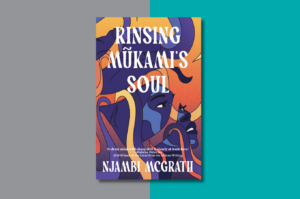

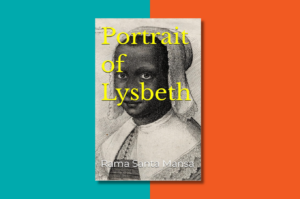


COMMENTS -
Reader Interactions